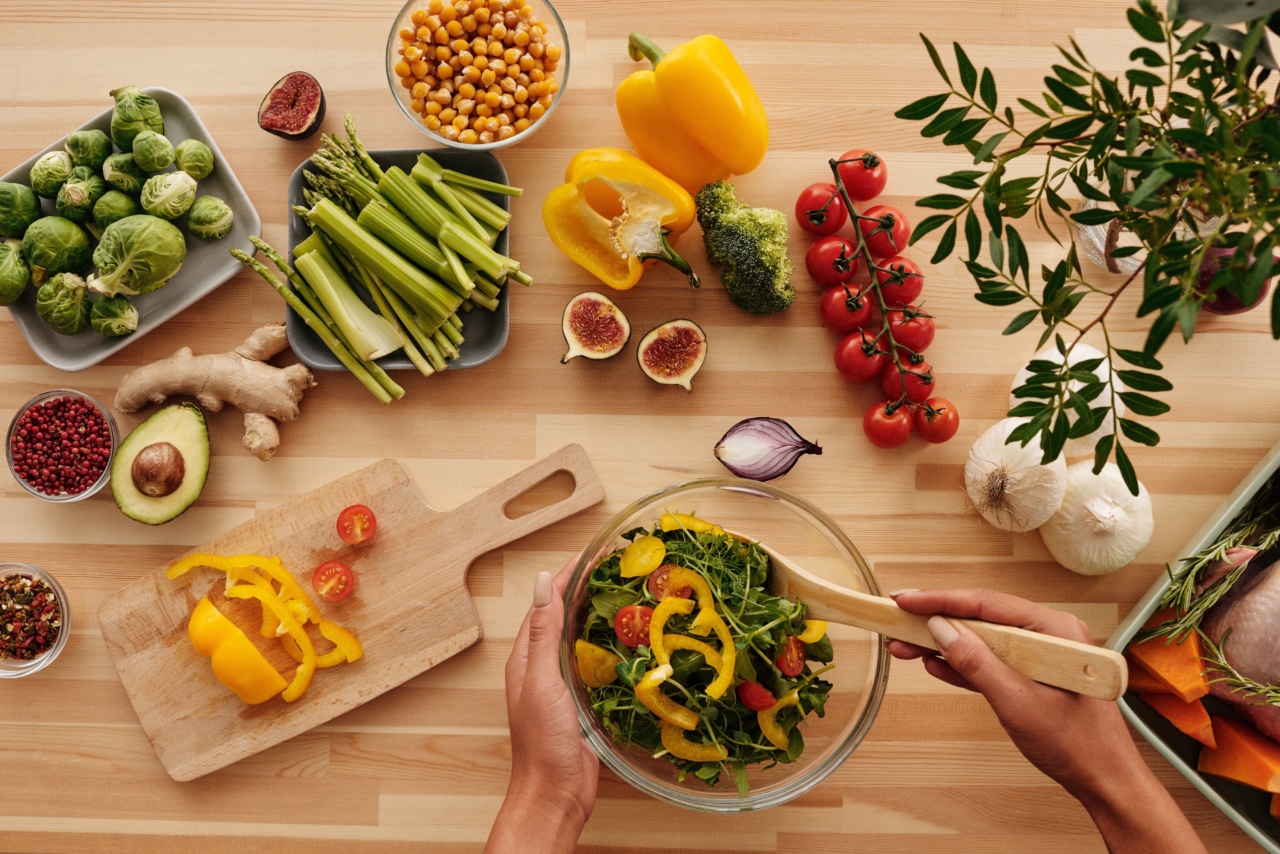Fat-soluble vitamins are vital for our overall health and well-being.
Unlike water-soluble vitamins, which dissolve in water and are easily excreted by the body, fat-soluble vitamins are stored in our fatty tissues and liver, making it essential to consume these vitamins regularly. These vitamins include vitamin A, vitamin D, vitamin E, and vitamin K. In this article, we will explore ten strategies to incorporate more fat-soluble vitamins into your diet.
1. Include Healthy Fats in Your Meals
Fat-soluble vitamins require dietary fats for absorption in the body. Incorporating healthy fats, such as avocados, nuts, seeds, olive oil, and fatty fish, into your meals will enhance the absorption of fat-soluble vitamins.
Try cooking your vegetables with a drizzle of olive oil or adding some avocado slices to your salad to maximize your nutrient intake.
2. Consume Dairy Products
Dairy products like milk, cheese, and yogurt are excellent sources of fat-soluble vitamins, particularly vitamin A and vitamin D. Opt for low-fat or reduced-fat dairy options to balance your fat intake while still benefiting from the vitamins.
If you are lactose intolerant or avoid dairy, consider fortified alternatives like almond milk or soy yogurt, which often contain added vitamins.
3. Enjoy Fatty Fish
Fatty fish like salmon, mackerel, and sardines are rich in both omega-3 fatty acids and fat-soluble vitamins.
Consuming these fish species regularly not only contributes to your overall health but also provides an abundance of vitamins like vitamin D and vitamin E. Aim for at least two servings of fatty fish per week to increase your intake of fat-soluble vitamins.
4. Opt for Whole Eggs
Eggs are nutrient powerhouses, containing various vitamins and minerals. Most of the vitamins, including vitamin A and vitamin D, are found in the yolk.
If you’ve been avoiding egg yolks due to concerns about cholesterol, it’s time to reconsider. The yolk is where the fat-soluble vitamins are concentrated, making it an essential part of your diet for maximizing your nutrient intake.
5. Add Colorful Fruits and Vegetables
Colorful fruits and vegetables are often high in fat-soluble vitamins, particularly vitamin A and vitamin K. Include a variety of orange, red, green, and yellow produce in your meals to ensure you’re getting a wide range of nutrients.
Carrots, sweet potatoes, kale, spinach, bell peppers, and mangoes are just a few examples of nutrient-dense fruits and vegetables that contain fat-soluble vitamins.
6. Try Liver and Organ Meats
Liver and other organ meats are highly nutrient-dense and serve as excellent sources of fat-soluble vitamins.
Although they may not be everyone’s favorite, incorporating small amounts of liver or other organ meats into your diet can significantly boost your intake of vitamins like vitamin A, vitamin D, and vitamin K. Consult with a healthcare professional or nutritionist to determine the appropriate amount for your needs.
7. Go Nuts for Nuts and Seeds
Nuts and seeds, such as almonds, sunflower seeds, and hazelnuts, are packed with healthy fats and fat-soluble vitamins.
Snacking on a handful of nuts or adding seeds to your salads, smoothies, or yogurt will not only provide you with essential nutrients but also keep you feeling satiated for longer periods. Remember to choose unsalted varieties to keep your sodium intake in check.
8. Cook with Herbs and Spices
Herbs and spices not only add flavor to your dishes but also offer a range of health benefits, including fat-soluble vitamins. Incorporate herbs like basil, parsley, and oregano into your cooking to enhance the vitamin content of your meals.
Spices like turmeric, paprika, and cayenne pepper also contain vitamins and antioxidants that support overall health.
9. Consider Fortified Foods
Fortified foods are products that have had additional vitamins or minerals added to them. Fortified milk, cereals, and plant-based alternatives like tofu or plant milk can help you meet your daily requirements of fat-soluble vitamins.
However, be mindful of the added sugars and artificial additives in some fortified products. Always check the labels and opt for minimally processed options.
10. Seek Professional Advice
If you are struggling to incorporate enough fat-soluble vitamins into your diet or have specific dietary restrictions, it is advisable to consult a healthcare professional or registered dietitian.
They can assess your current diet, provide personalized recommendations, and suggest appropriate supplements if necessary.





























